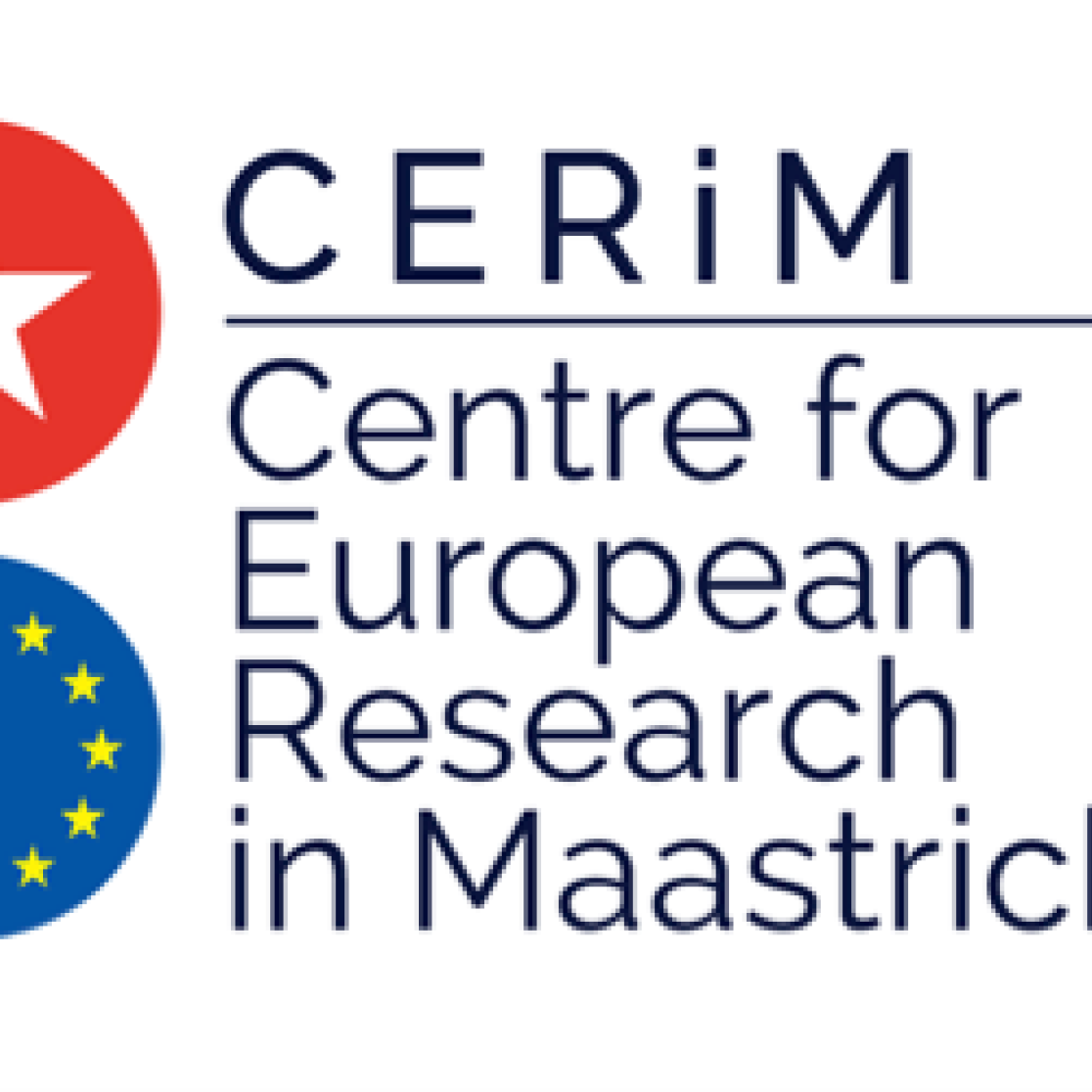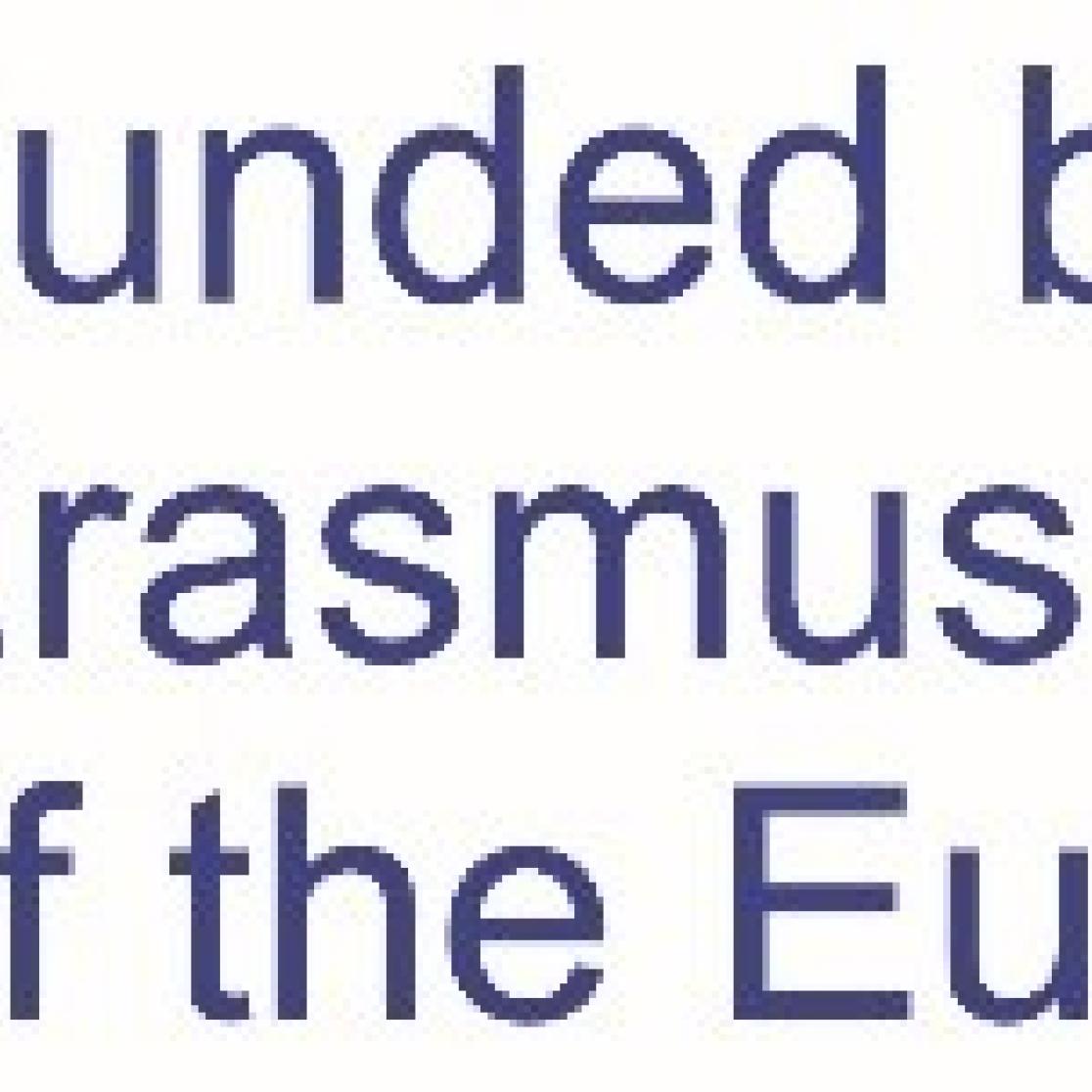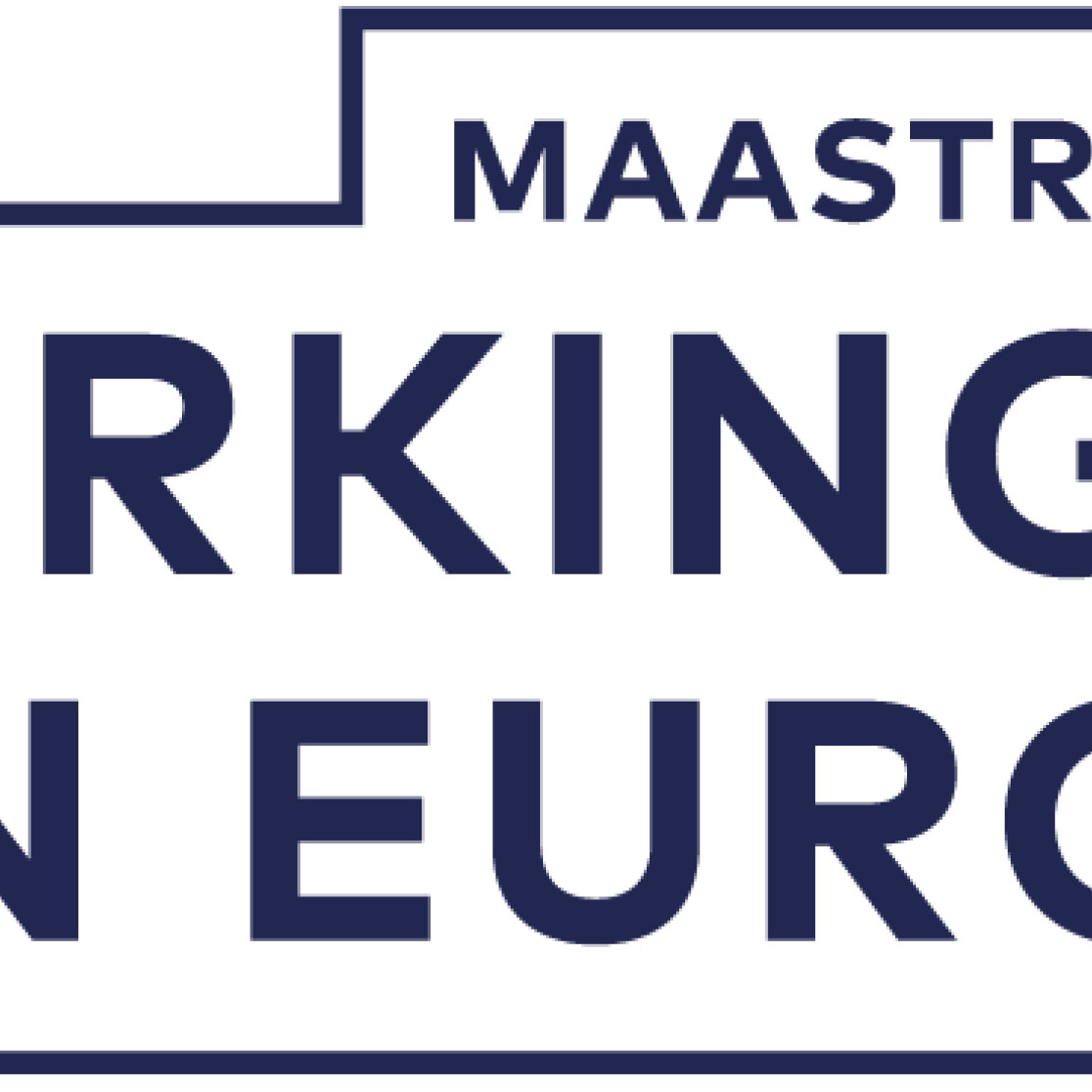CERiM Young Scholars' Forum and Conference
Introduction
Membership to the European Union (EU) is clearly defined in the Treaties (art. 1 TEU). However, in practice it is less clear-cut since some Member States have opted out of certain policy areas such as border controls or the single currency, while various non-Member States participate frequently in selected EU policies, and EU norms are diffused in various ways outside of the EU. Membership thus appears to be a somewhat fuzzy concept, despite the image of a clear distinction between ‘inside’ and ‘outside’ it projects. Against this background, and also with a view to the greater complexity that the EU will have to confront post-Brexit and to possible future enlargements, there is a strong case for moving conceptually beyond membership, and for re-thinking the status of states on the basis of their participation in different policy areas rather than on the basis of their formal membership to the EU.
This is not only a pressing academic agenda, but – in the context of current debates about the future shape of the European Union – it is also an important practical consideration. On the one hand, Commission President Juncker clearly expressed his preference that the EU should remain united (State of the Union speeches 2017 and 2018), thereby rejecting the perspective of a multi-speed or differentiated EU called for by others such as French President Macron. On the other hand, in a Union facing the prospect of further diversity with the arrival of new Member States as well as the centrifugal tendencies among the existing members – most prominently expressed in the withdrawal of the United Kingdom –, the question arises whether the idea of a single united membership as currently foreseen in the Treaty is still fit for purpose. In other words, perhaps the concept of one single type of membership under which all Member States are expected to submit to the same rights and obligations is not appropriate in order to facilitate effective governance and accommodate growing diversity.
This conference addresses these issues by asking what membership means in the current practice of the EU and invites to reflect on what is required for the future EU. It is organized around four aspects of the tensions faced by the concept of a unitary and formal EU membership: first, an examination of key policy areas in which we have already witnessed various forms of differentiated integration; second, an analysis of ‘special statuses’ within the EU; third, important examples of non-Member States in which EU law is applied (with and without their participation in the EU’s decision-making process); and fourth, the situation of states under accession or secession procedures which obliges them to accept EU norms and policies even prior to/after formal membership.
Young Scholars' Forum
Location: Faculty of Law, Bouillonstraat 1-3, ROOM C0.311B
Wednesday 22 May 2019
| PANEL 1 |
Agencies and independent bodies in the EU composite administration |
| 13:30 – 15:30 |
Lisette Bongers, Maastricht University Discussants: Tannelie Blom and Mariolina Eliantonio, Maastricht University |
| 15:30 – 16:00 |
Coffee break |
| PANEL 2 |
Economic integration |
| 16:00 – 17:30 |
Paul Dermine, Maastricht University Discussants: Assem Dandashly and Diane Fromage, Maastricht University |
CERiM Conference Programme
Location: Crowne Plaza Hotel Maastricht, Ruiterij 1, Maastricht
Conference Day 1, Thursday 23 May 2019
|
Beyond EU ‘Membership’? Current issues and future perspectives |
|
| 09:30 – 10:00 |
Welcome coffee and Registration |
| 10:00 – 10:15 |
Welcome Address |
| 10:15 – 10:30 |
Introduction to the Conference |
| 10:30 – 12:00 |
PANEL 1: Framing the concept of ‘Membership’ Chair: Mathieu Segers, Maastricht University Framing the Concept of Membership: Formal and Substantive Dimensions - Differentiated Integration - Differentiated Membership? - Dirk Leuffen, University Discussant: Christine Neuhold, Maastricht University |
| 12:00 – 13:15 |
Lunch |
| 13:15 – 15:15 |
PANEL 2: Membership and Differentiated Integration in the EU Chair: Anne-Pieter van der Mei, Maastricht University Selective membership of Union bodies and satellite organizations - Bruno de Differentiating EMU Membership: The De Facto and De Jure Constraints of EU The Participation of Members and Non-Members in EU Foreign, Security and Defence Policy - Ramses Wessel, University of Twente Internal Security beyond EU membership – Deirdre Curtin, European University Discussant: Ellen Vos, Maastricht University |
| 15:15 – 15:45 |
Coffee break |
| 15:45 – 17:30 |
PANEL 3: EU Membership and special statuses Chair: Hildegard Schneider, Maastricht University Of bits and pieces of EU law in territories. The many shades of European Transitional Periods for the New Member States: Conditiones Sine Qua Non Discussant: Dimitry Kochenov, University of Groningen |
|
|
Location: Crowne Plaza Hotel Maastricht, Ruiterij 1, Maastricht
Conference Day 2, Friday 24 May 2019
| 09:00 – 09:15 |
Coffee |
| 09:15 – 11:00 |
PANEL 4: Beyond EU Membership: Opting in from the outside Chair: Thomas Conzelmann, Maastricht University Prospects for Turkey's cooperation with the European Union: Opting In without The Western Balkans and European Union enlargement – (limited) possibilities Discussant: Thomas Christiansen, Maastricht University |
| 11:00 – 11:30 |
Coffee break |
| 11:30 – 13:00 |
PANEL 5: Beyond EU Membership: Diffusion of Norms Chair: Christine Arnold, Maastricht University Switzerland - EU policies à la carte and in pieces - Andrea Ott, Maastricht Diffusion of human rights norms through Deep and Comprehensive Free Trade The diffusion of EU norms to third countries: achievements and challenges in the Discussant: Peter Van Elsuwege, Ghent University |
| 13:00 – 14:00 | Lunch |
| 14:00 – 15:30 |
FINAL ROUNDTABLE Chair: Clemens Kool, Maastricht University Richard Crowe, European Parliament Moderator: Thomas Christiansen, Maastricht University |
| 15:30 – 16:00 |
Closing |


Partly financed by Maastricht Working on Europe
The aim of Maastricht, Working on Europe is to position Maastricht as a meeting place for citizen dialogue and debate and establish a Centre of Excellence for research on Europe and European integration. In short: a workplace for a better Europe. For everyone.

Relevant links
https://www.maastrichteurope.nl/
Also read
-
Reconnet Conference
Conference on "Constitutionalism and Democracy: Tensions and Transformations"
18 Jun19 Jun -
Conference: Truth and Authority in Criminal Justice
On 23 and 24 October 2025, the Maastricht Institute for Criminal Sciences will organise – in collaboration with several partners within and outside the Faculty of Law of Maastricht University – a multidisciplinary two day-conference in Maastricht on “Truth and Authority in Criminal Justice”.
23 Oct24 Oct -
Emerging Issues and Challenges in Privacy and Cybersecurity
This 2-day online training programme is a building block of the full Diploma Track on Privacy Management.
11 Dec12 Dec